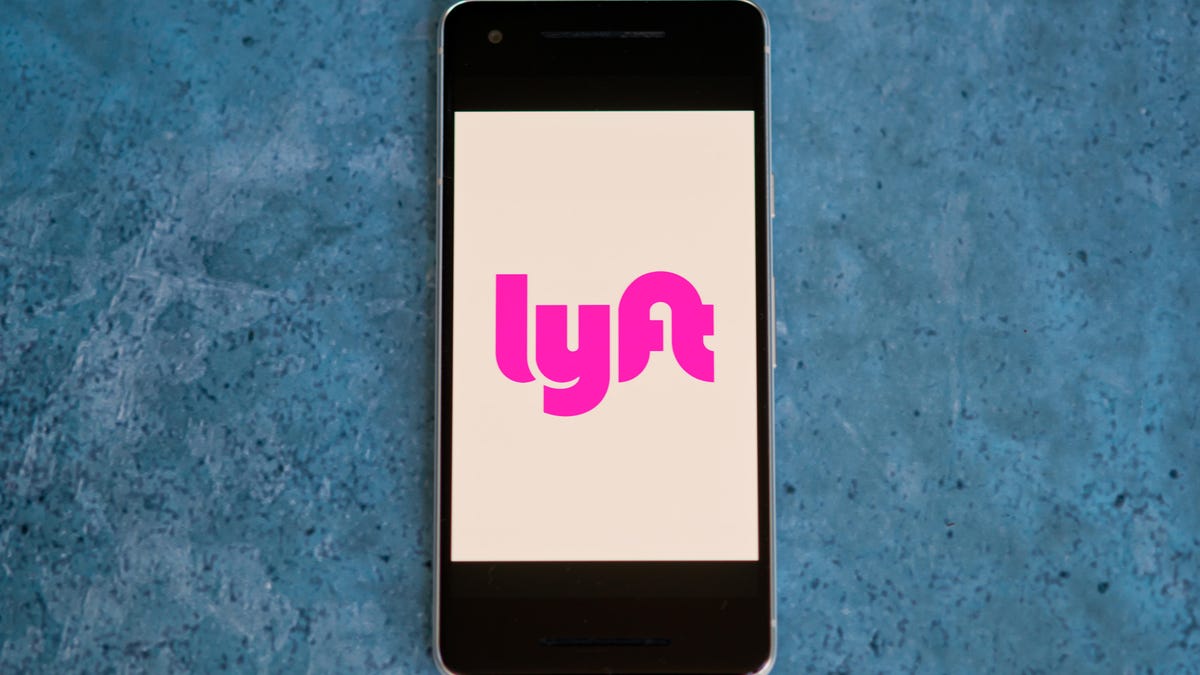Lyft's third-quarter earnings beat expectations
The ride-hailing company delivers amid a California bill on gig workers and lawsuits over alleged sexual assault by its drivers.

Lyft's founders remain optimistic about the ride-hailing company's future, even though the recent past has seen its share price skid by more than 40% since going public in March. CEO Logan Green has repeatedly said the company "has never been stronger." On Wednesday, Lyft's third-quarter earnings backed up that confidence.
The short of the story: Lyft beat analysts' expectations, posting a less-than-expected loss of $1.57 per share for the three months ended Sept. 30. That's better than the average of $1.66 loss forecast in a Yahoo analysts survey. (Lyft attributed the loss to stock-based compensation cost and payroll expenses.) Lyft reported a 63% jump in revenue to $955.6 million, better than the average of $915.04 million analysts had forecast.
"Our third quarter results demonstrated the significant progress Lyft has made on our path to profitability," Green said in a statement. "Our continued focus on consumer transportation is yielding meaningful improvements in monetization and strong operating leverage."
The strong performance comes just a week after Green said the company would reach profitability at the end of 2021, a year earlier than analysts had forecast. While that's still two years off, Lyft's shares jumped by as much as 6.6% after the announcement.
Lyft shares rose 1.7% to $44.85 after the earnings announcement.
The company listed on Wall Street on March 29 to a warm reception with shares rising nearly 9%. Investors, however, quickly cooled on its prospects. Two sets of shareholders have sued the company for misrepresenting the strength of its business and its chief operating officer stepped down. Uber, its chief rival in the ride-hailing industry, has experienced a similarly hard time since listing in May.
The struggles Uber and Lyft have faced as public companies has raised questions about whether ride-hailing is a viable business. A new law in California will give the model its biggest test to date.
Last month, Gov. Gavin Newsom signed AB 5, a landmark bill addressing the status of gig workers, into law. AB 5 could require companies that use independent contractors to reclassify them as employees. Uber and Lyft fall squarely into this category since they classify their drivers as independent contractors. Many drivers say this system has led to exploitation. But both ride-hailing companies have said the success of their business models hinge on drivers staying independent contractors.
AB 5 is scheduled to go into effect on Jan. 1, 2020, but Uber and Lyft have said they're ready to take the issue to California voters by sponsoring a ballot initiative in November 2020 that would exempt them from the law.
During a conference call, Lyft President and co-founder John Zimmer said the company was trying to find a new model that would maintain the flexibility for drivers. The company's initiative provides for a minimum guaranteed earnings, a healthcare stipend and occupational accident insurance.
"We're in that kind of middle period where people are trying to find out what the best model is for the future of this new type of work," Zimmer said. He noted that 91% of Lyft drivers spent fewer than 20 hours a week on the road, while 76% spend less than 10 hours a week driving.
Lyft is also contending with lawsuits involving at least 34 women who allege the company hasn't done enough to protect passengers from sexual assault by its drivers. The suits allege Lyft does substandard background checks on drivers and often doesn't deactivate them from the platform after sexual assault allegations.
The company reportedly changed the way it decides how drivers get deactivated in June, according to The Washington Post. Rather than relying on individual trained specialists to make judgement calls on driver deactivations, Lyft now reportedly uses a standardized protocol. Critics said this new system could lead to drivers with alleged offenses to stay on the platform. But Lyft said the protocol takes bias out of the equation and that it's continuously working to make its platform safer.
Over the past quarter, Lyft has added several new features to its app. Along with an app redesign, it rolled out a monthly membership program called Lyft Pink. The $19.99 per month plan is for frequent riders and offers savings on rides, bike and scooter rentals and upgrades.
Lyft Pink could be a way for the company to show investors it has loyal customers willing to stay with it for the long haul.
First published at 1:21 p.m. PT on Oct. 30.
Updated at 4:07 p.m.: Adds comments from conference call.

